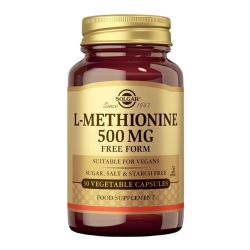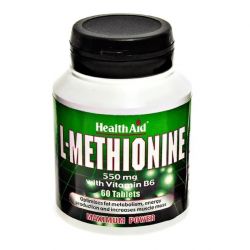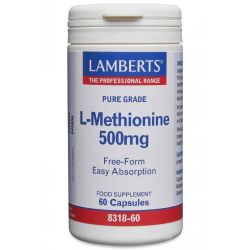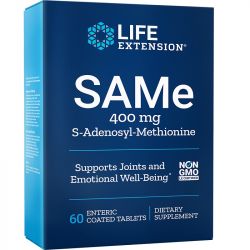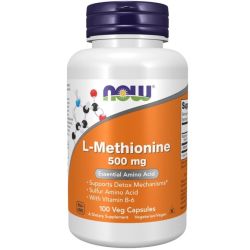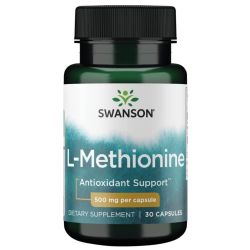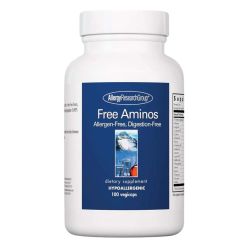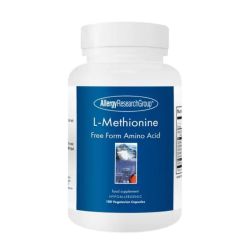Methionine Supplements
Methionine is an important amino acid that is part of the various building blocks our bodies use to construct proteins. You can get methionine naturally in a healthy, balanced diet that includes meat, fish and diary products like cheese and yogurt. Methionine supplements are typically used for treating liver problems and infection. Methionine is also a powerful antioxidant, and can help repair damaged tissue. It is usually given on recommendation by a doctor.
All you need to know about Methionine
Should I take methionine supplements?
You should only take methionine supplements if they have been recommended by your GP to treat an underlying health condition. You should get all the methionine you need form your diet. Common side effects include heartburn, headaches, nausea, feeling tired and dizziness. It is potentially dangerous to self-medicate methionine, as too much of it can cause brain damage. Methionine can also increase levels of homocysteine in the blood, which could lead to heart disease.
Which foods contain methionine?
As a rule, all protein-rich foods contain some form of methionine, although the amounts may vary. Egg whites are very high in methionine, because they contain amino acids that are rich in sulphur. Chicken, beef and dairy products are also high in methionine. Vegetarians and vegans may find it more challenging to get methionine in their diet, and a supplement may be required.
Can methionine help with weight loss?
As methionine is an amino acid, it may be able to increase fat burn and boost muscle growth. It has been suggested that amino acids are effective in helping people to achieve weight loss. You should always consult your GP before taking methionine as a weight loss aid.
What causes methionine deficiency?
Methionine deficiency is usually caused by a metabolic disorder that is very rare, in which higher amounts of methionine are created in the blood, known as hypermethioninemia. There are usually no symptoms, but some people experience problems with development, halitosis, or neurological issues as a result. Treatment is usually carried out by actually restricting methionine in the diet, and by prescribing other supplements.

